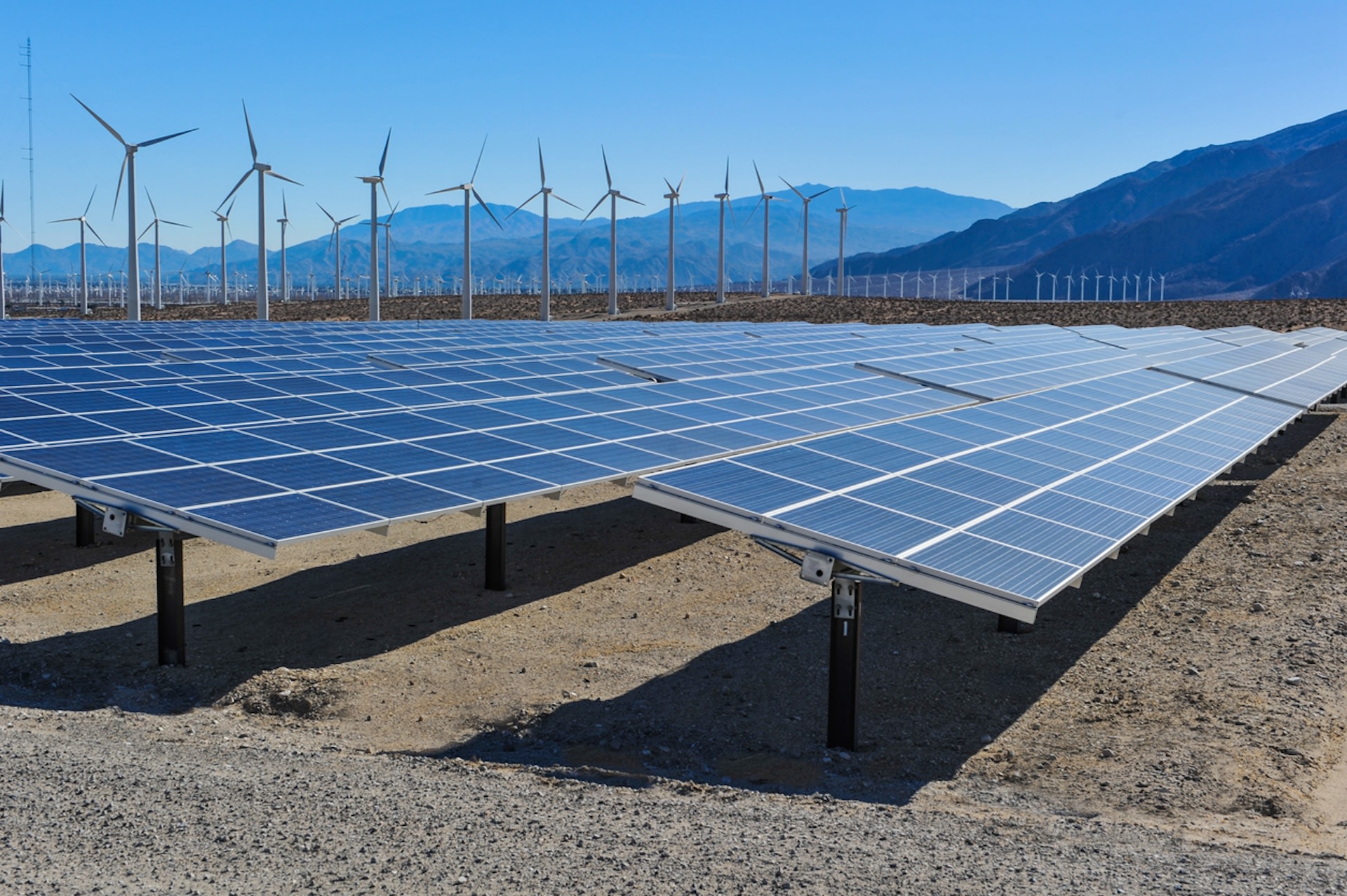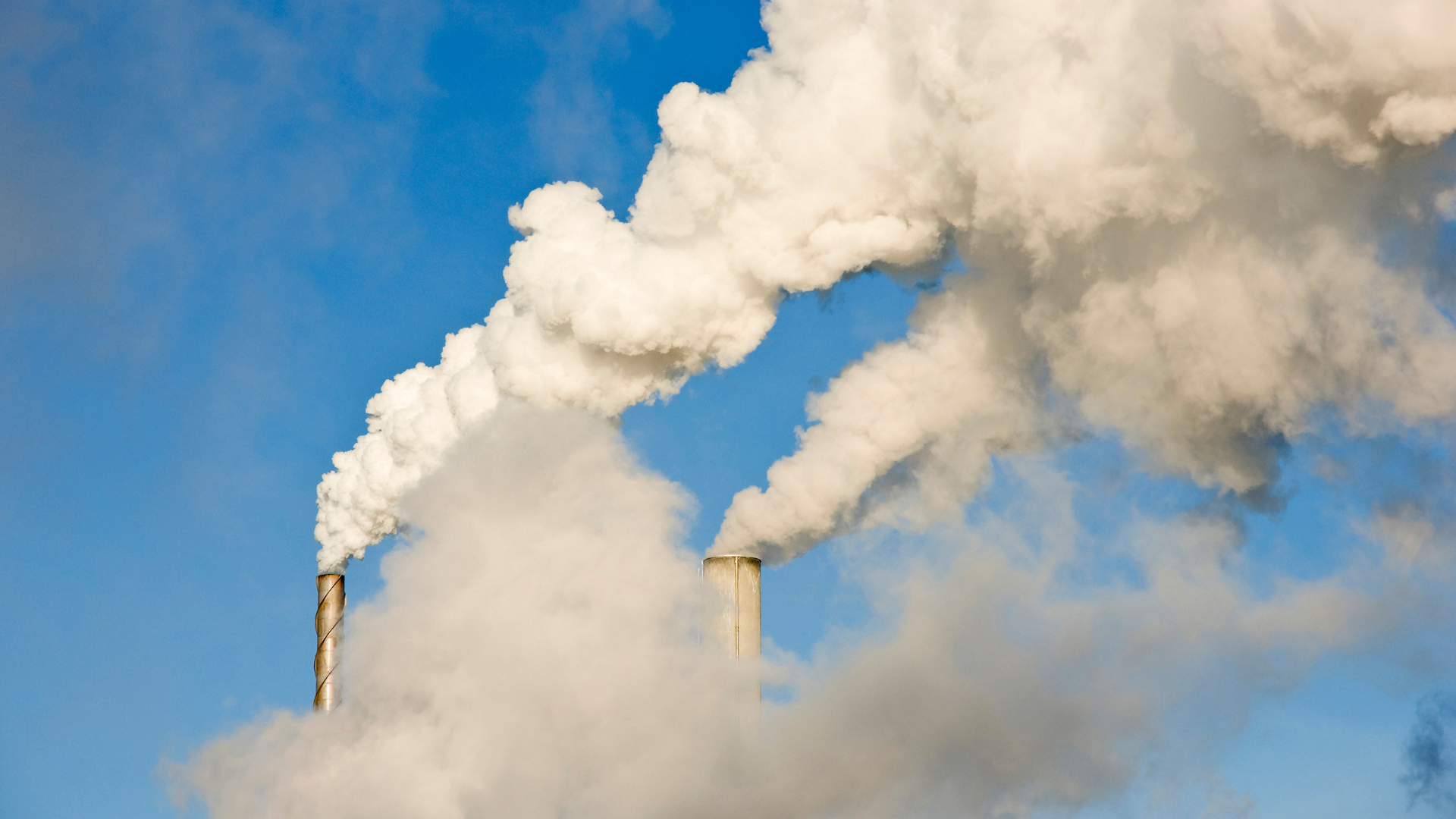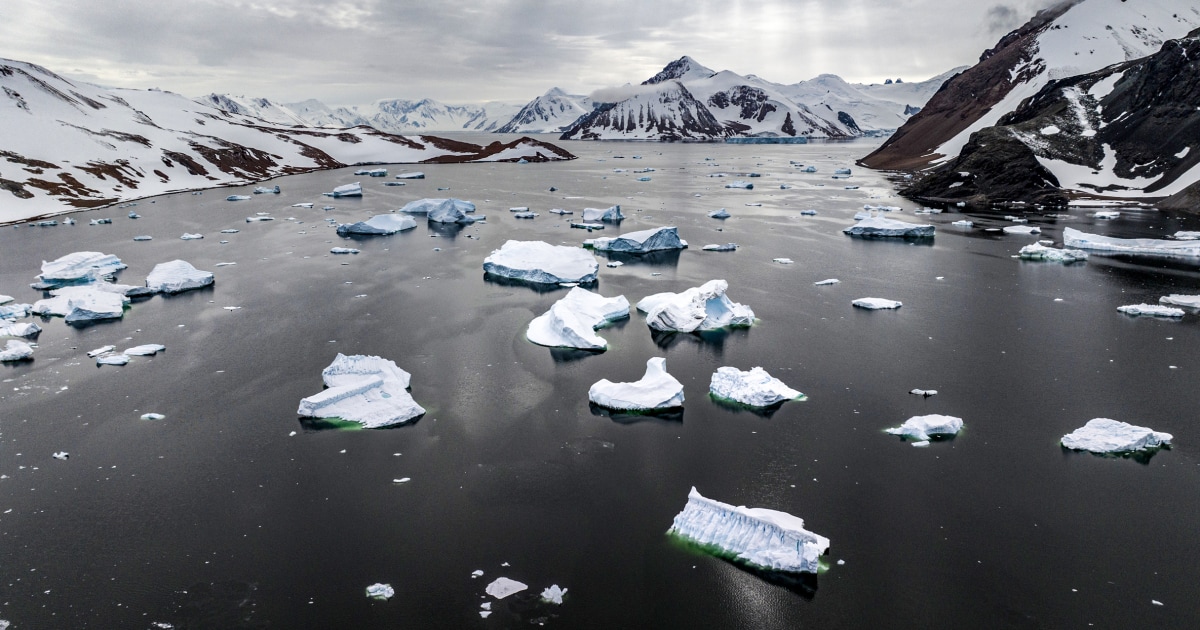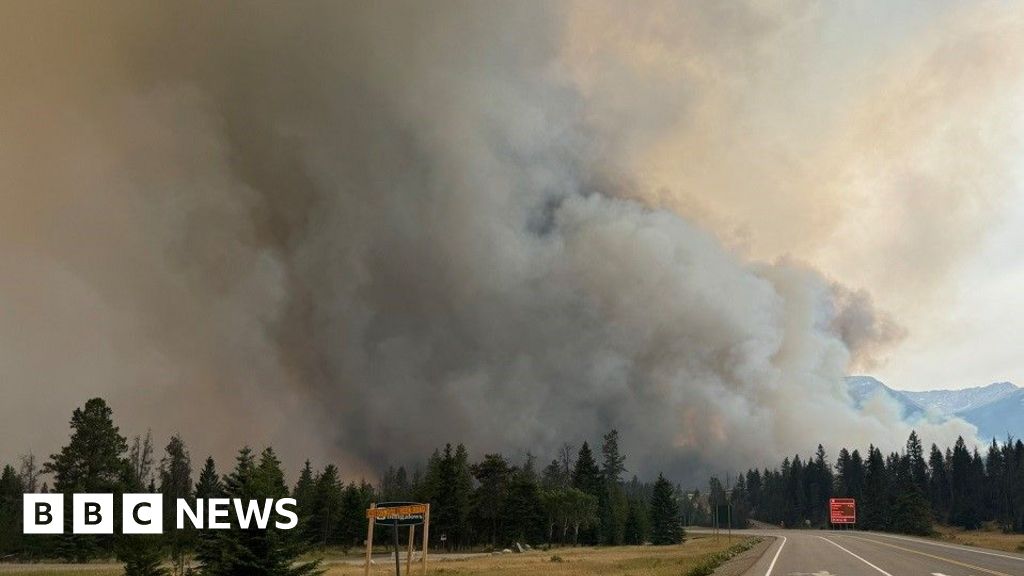I'm probably being naive, but I would like to see smaller homes and off the grid. My guess is that regulations prevent this. I know that a lot of Belize homes are off the grid.
Climate News: part 3
- Thread starter crimsonaudio
- Start date
You are using an out of date browser. It may not display this or other websites correctly.
You should upgrade or use an alternative browser.
You should upgrade or use an alternative browser.

A major US state just achieved a critical milestone: 'It's wild that this isn't getting more news coverage'
California has hit 100% renewable energy before, but this is the first time the state has sustained that success over an extended period.www.thecooldown.com
California has set a benchmark for renewable energy, with wind, solar, and hydro providing 100% of the state's energy demand for 25 out of the last 32 days (and counting).
People have been lied to and believe this is not possible when it obviously is.
Are there still problems to solve? Yes.
Might be need backup methods of energy production? Likely.
Do we need efficient storage? Yep.
Big milestone.
I'm probably being naive, but I would like to see smaller homes and off the grid. My guess is that regulations prevent this. I know that a lot of Belize homes are off the grid.
In many places regulations do prevent that, but I agree it should be possible.
In some of the mountainous areas around here people live off the grid. They have to produce their own power and even tote their own water.
In many places regulations do prevent that, but I agree it should be possible.
In some of the mountainous areas around here people live off the grid. They have to produce their own power and even tote their own water.
Large plastic sisterns for rainwater and solar systems are the name of the game in Belize. They use rainwater for washing and plumbing and have pure water delivered for drinking and cooking. Their solar systems basically power their whole house (not much ac there).
I'm in Florida and my solar system is plenty for me to be off the grid, but I have no choice but to stay connected and get charged 25.66 a month by Florida Power and Light to do nothing.In many places regulations do prevent that, but I agree it should be possible.
In some of the mountainous areas around here people live off the grid. They have to produce their own power and even tote their own water.
If I read the tweets in the article correctly they did it for .25-6 hours a day. I'm a fan of alternative energy and have solar at my house and I like it, but we have to figure out how to cover the other 18 hours if I'm understanding the information if I'm not reading it correctly then I'm wrong. The battery storage needed to carry California through peak evening hours would have to be enormous. Nuclear is the answer to fill the gap.People have been lied to and believe this is not possible when it obviously is.
Are there still problems to solve? Yes.
Might be need backup methods of energy production? Likely.
Do we need efficient storage? Yep.
Big milestone.
What if you just stop paying? Wont they just shut off your service, which you dont need anyway?I'm in Florida and my solar system is plenty for me to be off the grid, but I have no choice but to stay connected and get charged 25.66 a month by Florida Power and Light to do nothing.
In many places regulations do prevent that, but I agree it should be possible.
In some of the mountainous areas around here people live off the grid. They have to produce their own power and even tote their own water.
I live in Alabama where the State government is wholly owned and operated by the business interests (tree barons and Southern Company). We have nothing but sunshine here. It should be illegal to have a building without solar panels on the roof, if for National Security reasons in case of terrorist attack to our grid, much less for the benefit of our citizens and the environment.
It is amazing and depressing to me how our population is so dumbed and beaten down to the point they'll actively support the ones who harm them.
I will run afoul of code enforcement. It’s against building code to be off grid. I’ll get fined to the moon.What if you just stop paying? Wont they just shut off your service, which you dont need anyway?
TALLAHASSEE, Fla. (AP)  Florida, perhaps the most vulnerable state to sea-level rise and extreme weather, is on the verge of repealing what's left of a 16-year-old law that lists climate change as a priority when making energy policy decisions. Instead, the state would make energy affordability and availability its main focus.
A bill waiting to be signed by Republican Gov. Ron DeSantis would strip the term “climate change†from much of state law and reverse a policy then-Gov. Charlie Crist championed as he built a reputation for being a rare Republican fighting to promote green energy over fossil fuels.
Article in WaPo about why you should let your yard grow. I started this last year and it worked in spades for us.
This is where i draw the line. This is too woke for me. The Libs can have my oven but they won't take my lawnmower...
Article in WaPo about why you should let your yard grow. I started this last year and it worked in spades for us.
Potentially huge breakthrough:

 interestingengineering.com
interestingengineering.com

New affordable method turns CO2 emissions into clean fuels
Researchers at the University of Chicago have developed a groundbreaking method to turn carbon dioxide into clean fuel with 100% efficiency.

US firm unveils game-changing small nuclear reactor that can power 300,000 homes
“This is a game-changer technology,” says Westinghouse CEO. “If the AP1000 had been in operation at Fukushima, it would have been a total non-event.”
Scientists sound alarm after making disturbing discovery in the Amazon: 'We have all this information; now let's act on it' (msn.com)Scientists sound alarm after making disturbing discovery in the Amazon: 'We have all this information; now let's act on it'
A new study has found that over a third of the Amazon, the world's largest rainforest, is having a harder time bouncing back after droughts.
The data revealed 37% of the rainforest is showing a worrying loss of resilience. In the past, the forest could recover from a single drought. But now, after four severe dry spells in less than 20 years, many areas are struggling to rebound.
The problem is worst in the heavily deforested southeastern Amazon. There, the risk of a catastrophic "tipping event"  where the lush rainforest irreversibly degrades into a much drier ecosystem  is greatest.
A slew of daily temperature records were broken this Fourth of July weekend. On Saturday, Death Valley reached 128 degrees, breaking the daily record of 127 set on July 6, 2007. Las Vegas reached 115 degrees, tying with records in 2007 and 1989. Kingman, Arizona, reached 109 degrees, breaking the previous record of 108.
On Sunday, temperatures in Las Vegas hit 120 degrees for the first time in recorded history, according to preliminary data from the weather service. In more than 32,000 days of records, the temperature had never climbed above 117 degrees prior to Sunday.
ETA: It's gotten to 102 here the past two days and the forecast calls for 2-3 more days before it drops to 100 and then finally gets into the 90s for a high on Friday or Saturday.

Melting ice is slowing Earth's spin, shifting its axis and even influencing its inner core, research shows
Two new studies suggest human behavior has changed foundational elements of the planet’s physical properties.
Melting ice is slowing Earth's spin, shifting its axis and even influencing its inner core, research shows
Two new studies suggest human behavior has changed foundational elements of the planet’s physical properties.

Jasper wildfires: Half of historic Canadian town may be destroyed - BBC News
The blazes are still out of control as firefighters try to save as many buildings as possible.
This breaks my heart. My family had planned to return to Jasper next month before my chemo treatments interrupted. It’s the farthest north I have been except on an airplane flying to China. The drive between Jasper and Banff is second to none.
The Park fire in CA has been the bigger news here in the States, so I’m posting in case some were unaware.
Trending content
Latest threads
-
ESPN: Cincy sues transfer QB Sorsby over $1M exit fee
- Started by TideFans Reporter
- Replies: 0
-
Bama Game Thread: MBB - Bama hosts State - Wed Feb 25 - 8p CST ESPNU
- Started by CajunCrimson
- Replies: 36
-
ESPN: Prosecution rests in murder trial of ex-Cane Jones
- Started by TideFans Reporter
- Replies: 0
-
ESPN: Source: Broncos bring Colorado DC onto staff
- Started by TideFans Reporter
- Replies: 0
-
ESPN: College football freshmen facing pressure in 2026
- Started by TideFans Reporter
- Replies: 0



